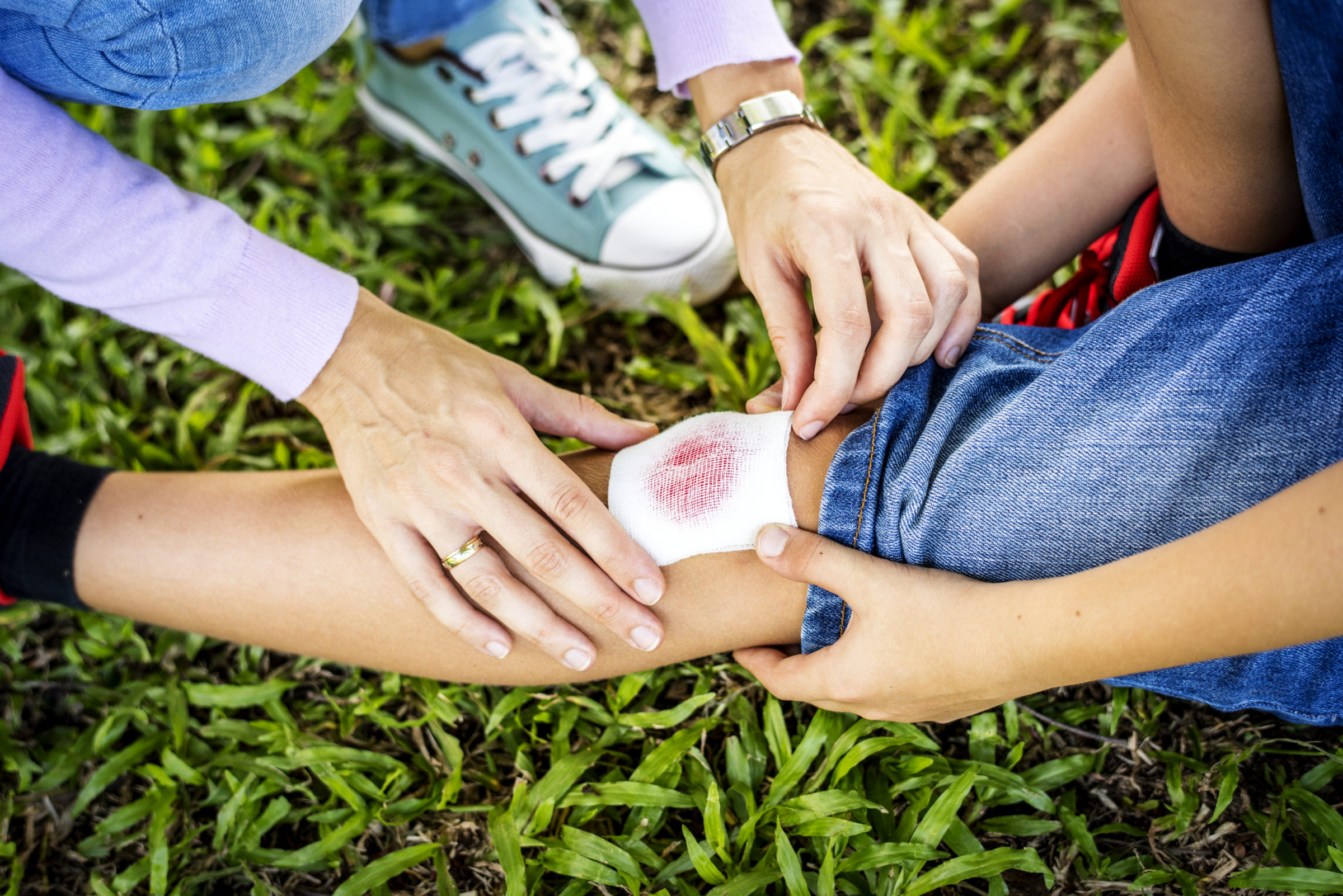According to government statistics, there was a total of 153,158 casualties in reported traffic accidents. This is a figure worth taking seriously, and it’s likely to be a substantial underestimate of the true figure, given that many accident victims do not report their symptoms.
If you’ve been in a road accident, then receiving the right medical care can hugely improve your prospects for recovery. (Receiving the wrong medical care, conversely, might be grounds for a medical negligence claim).
So what are the most common injuries suffered by victims of road traffic accidents? A few stand out from the crowd.
Whiplash
Whiplash is a kind of injury that results from a sudden movement of the neck. If you’re travelling at forty miles per hour and suddenly collide with something, then the weight of your head will drag your neck around quite violently. Whiplash normally goes away on its own over the course of several months – keep it moving and treat the pain.

Soft Tissue Injuries
Sprains, strains, and bruises all fall into the category of soft tissue injuries. They occur when your body is forced against the nearest object during the collision. The further your body travels, the worse the impact will be. Of course, loose objects in the car might also collide with you.

Head Injuries
The human skull is a fairly resilient thing – and it needs to be. Consequently the majority of head injuries are not serious. If you have been in a car accident, however, you may need to treat your symptoms more seriously – particularly if you vomit, struggle with memory, or become more irritable. These are symptoms of a concussion.

Fractures and Broken Bones
Your bones will break if they’re exposed to a lot of pressure. Proper treatment will ensure that they heal in the right way. It’s not always obvious that a bone is broken – but you will almost always experience pain and swelling, which will get worse when you try to move the effected limb. Go to a hospital immediately.

PTSD
You might think of post-traumatic stress disorder as something that only happens to people who’ve been through extreme ordeals, like those you might find in war. But the fact is that any stressful event can create post-traumatic symptoms. These might include flashbacks, nightmares, chronic anxiety, and depression. Counseling can help you to manage these symptoms. Over time, they’ll get better – get as much sleep as possible and be prepared for some days to be more difficult than others.

